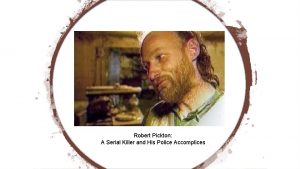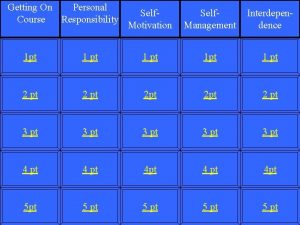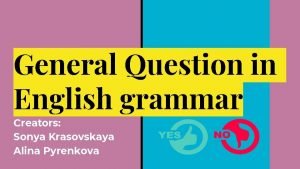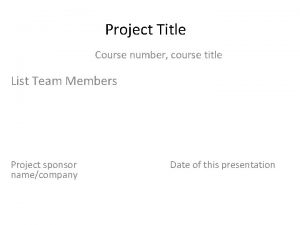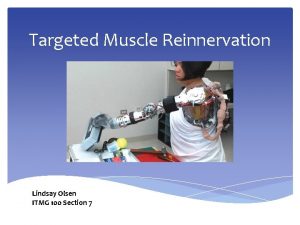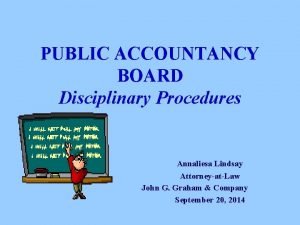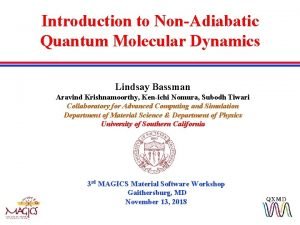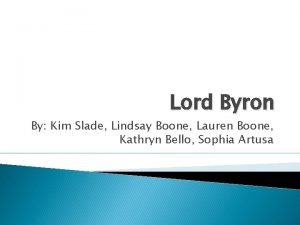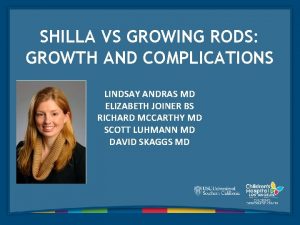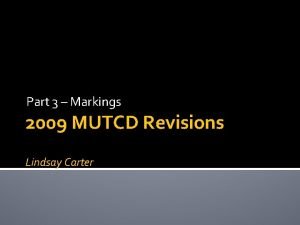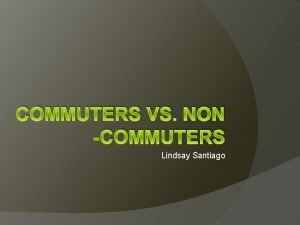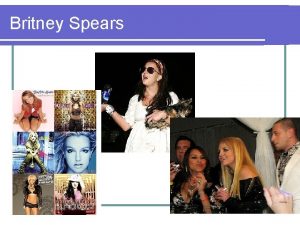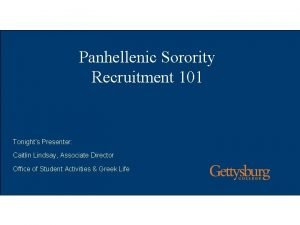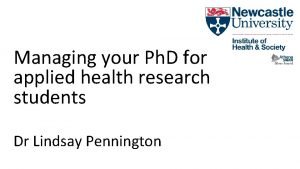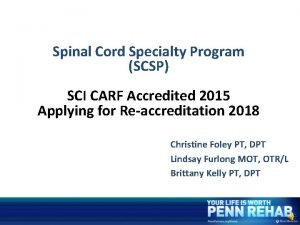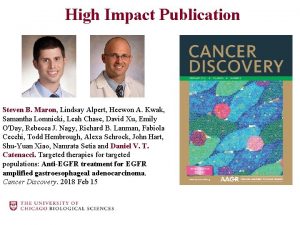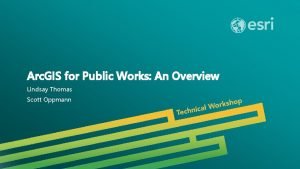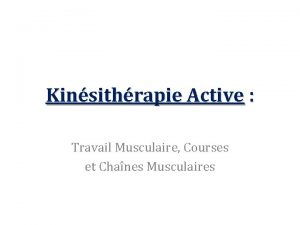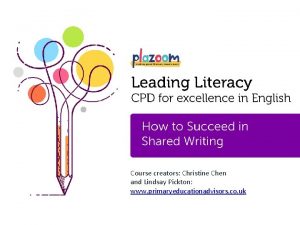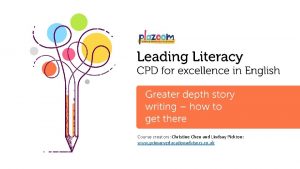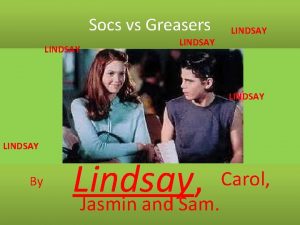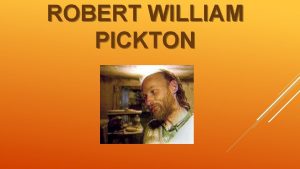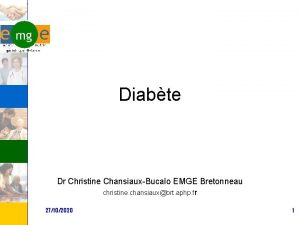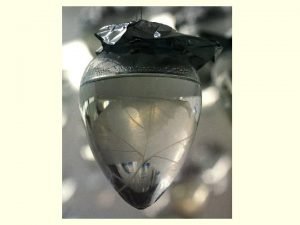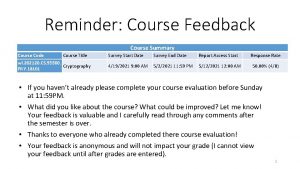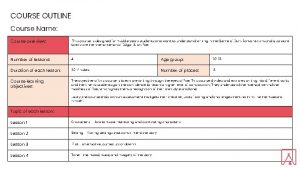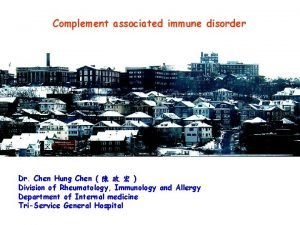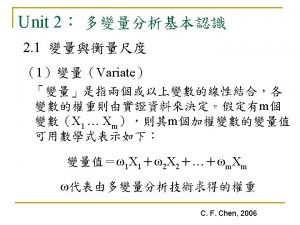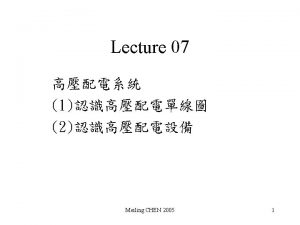Course creators Christine Chen and Lindsay Pickton www































- Slides: 31

Course creators: Christine Chen and Lindsay Pickton: www. primaryeducationadvisors. co. uk @English. Hub. UK 1 1

KS 2 Greater Depth The pupil can: • write effectively for a range of purposes and audiences, selecting the appropriate form and drawing independently on what they have read as models for their own writing (e. g. literary language, characterisation, structure) • distinguish between the language of speech and writing and choose the appropriate register • exercise an assured and conscious control over levels of formality, particularly through manipulating grammar and vocabulary to achieve this • use the range of punctuation taught at key stage 2 correctly (e. g. semicolons, dashes, colons, hyphens) and, when necessary, use such punctuation precisely to enhance meaning and avoid ambiguity. primaryeducationadvisors. co. uk @English. Hub. UK 2

Formative Assessment Enjoy & immerse: Capture & organise: Butterflies report Minotaurs } Collaborative composition Minotaurs APPLY to another mythical creature primaryeducationadvisors. co. uk @English. Hub. UK 3

Anatomy/ appearance Golden Thread Nutrition MINOTAURS Overview : Cause of extinction Habitat Behaviour primaryeducationadvisors. co. uk @English. Hub. UK 4

Golden Thread Our trip to the British Museum…………. Recount of … By………………………………………………. . Lunch Coach Mummies Sculptures Shop Home/ Sum-up Intro Use words, phrases, pictures primaryeducationadvisors. co. uk @English. Hub. UK 5

Projected outcome: Henry was right/wrong to dissolve the monasteries Golden Thread First point: --------Second point: --------Third point: --------primaryeducationadvisors. co. uk @English. Hub. UK 6

A SIGNIFICANT CHALLENGE: IMPERSONAL VOICE The voice of an expert Often formal, but not the same thing Removal of all personal reference (author and audience) As far from day-to-day language as we get This will need gradual development over the years primaryeducationadvisors. co. uk @English. Hub. UK 7

primaryeducationadvisors. co. uk @English. Hub. UK 8 8

‘Voice’ - Transcripts primaryeducationadvisors. co. uk @English. Hub. UK 9

Impersonal tips Avoid use of pronouns ‘I’ or ‘we’ Often in third person (‘they’, ‘it’, ‘he/she’, subject name e. g. ‘whales’) Only use ‘you’ generally, in the sense of ‘one’: “The blood vessels are so large you could swim through them. ” (That doesn’t mean you, personally!) e. g. scientific/ historical/ geographical reports and news primaryeducationadvisors. co. uk @English. Hub. UK 10

Passive voice in formal, impersonal writing The seeds were placed in the soil The light is controlled by the switch The sides are covered in foil for insulation The process is known as ‘photosynthesis’ Tutankhamun's tomb was discovered by Howard Carter primaryeducationadvisors. co. uk @English. Hub. UK 11

Why do people die if they stop breathing? In order to stay alive, human beings need a constant supply of oxygen (a gas found in the air) to all parts of the body. They also need to rid their bodies of a waste gas called carbon dioxide, which would otherwise poison them. These two gases are carried round the body in the blood. Veins carry the blood to the heart and arteries carry blood away from the heart. Both veins and arteries divide into millions of tiny capillary blood vessels. Gases can move between the blood in the capillaries and the tiny cells which make up the human body. When we have a puff of air, it goes into our spongy, air-saccy lungs. The oxygen bit of air ends up in the blood (which is gross when you think about it). Our clever blood gets the oxygen all the way to the heart. The heart pumps this oxygen-carrying blood around the whole body through arteries which divide into capillaries to reach the body cells. Oxygen passes from the blood to the cells, and carbon dioxide (the waste gas) passes from cells into the blood. Veins take this waste-carrying blood back to the heart, which pumps it back into the lungs. There the carbon dioxide passes into air sacs. primaryeducationadvisors. co. uk @English. Hub. UK 12

…choose the appropriate Register primaryeducationadvisors. co. uk @English. Hub. UK 13

Why do people die if they stop breathing? In order to stay alive, human beings need a constant supply of oxygen (a gas found in the air) to all parts of the body. They also need to rid their bodies of a waste gas called carbon dioxide, which would otherwise poison them. These two gases are carried round the body in the blood. Veins carry the blood to the heart and arteries carry blood away from the heart. Both veins and arteries divide into millions of tiny capillary blood vessels. Gases can move between the blood in the capillaries and the tiny cells which make up the human body. When we have a puff of air, it goes into our spongy, air-saccy lungs. The oxygen bit of air ends up in the blood (which is gross when you think about it). Our clever blood gets the oxygen all the way to the heart. The heart pumps this oxygen-carrying blood around the whole body through arteries which divide into capillaries to reach the body cells. Oxygen passes from the blood to the cells, and carbon dioxide (the waste gas) passes from cells into the blood. Veins take this waste-carrying blood back to the heart, which pumps it back into the lungs. There the carbon dioxide passes into air sacs. primaryeducationadvisors. co. uk @English. Hub. UK 14

Why do people die if they stop breathing? In order to stay alive, human beings need a constant supply of oxygen (a gas found in the air) to all parts of the body. They also need to rid their bodies of a waste gas called carbon dioxide, which would otherwise poison them. These two gases are carried round the body in the blood. Veins carry the blood to the heart and arteries carry blood away from the heart. Both veins and arteries divide into millions of tiny capillary blood vessels. Gases can move between the blood in the capillaries and the tiny cells which make up the human body. The heart pumps this oxygen-carrying blood around the whole body through arteries which divide into capillaries to reach the body cells. Oxygen passes from the blood to the cells, and carbon dioxide (the waste gas) passes from cells into the blood. Veins take this waste-carrying blood back to the heart, which pumps it back into the lungs. There the carbon dioxide passes into air sacs. When the human being breathes out, the carbon dioxide is pushed back out into the air. Breathing in and out is therefore essential because it ensures that life-giving oxygen is constantly replaced and poisonous carbon dioxide expelled. primaryeducationadvisors. co. uk @English. Hub. UK 15

Paragraph 3 When a human being breathes in, the air goes down into the lungs, which are like two spongy bags filled with millions of air sacs. Oxygen from the air passes through the sacs into the capillary blood vessels. The blood then carries the oxygen through a vein to the heart. primaryeducationadvisors. co. uk @English. Hub. UK 16

Paragraph 3 Breathe in Air into lungs (filled with air-sacs) Oxygen passes into capillaries Blood carries oxygen through vein to heart primaryeducationadvisors. co. uk @English. Hub. UK 17

Vocabulary Three Tier Framework T 1: Those learnt in everyday ‘common’ language T 2: Those likely to occur frequently in a wide variety of written texts T 3: Those tightly associated with a content area primaryeducationadvisors. co. uk @English. Hub. UK 18

Tier two words Children’s likely expressions emerging coming out fortunately luckily inform tell maintain keep going unfurl unroll primaryeducationadvisors. co. uk @English. Hub. UK 19

News Flash SIMPLE PAST PROGRESSIVE (CONTINUOUS) PERFECT Police searched for Police were searching Police had searched for clues PRESENT Police search for clues Police are searching Police have searched for clues FUTURE Police will search for clues Police will be searching for clues primaryeducationadvisors. co. uk @English. Hub. UK Police will have searched for clues 20

Present Perfect Where? newspaper reports and bulletins; A bomb has exploded. diaries, postcards and letters recounting personal experiences; I have spent the whole day shopping. biographies and autobiographies She has changed women’s lives forever. primaryeducationadvisors. co. uk @English. Hub. UK 21

Present Perfect A verb tense that uses the present form of the verb ‘to have’ before the past participle of the main verb. I have broken my leg. I have ridden a bike before. They have bought a new house. He has walked on the moon. It is used to refer to a completed action (or series of actions) with results lasting into the present. primaryeducationadvisors. co. uk @English. Hub. UK 22

Past perfect: Going back further… He hadn’t seen her for over 10 years. We had already set sail when the storm began. Flashback… primaryeducationadvisors. co. uk @English. Hub. UK 23

Diary: Day 8 (example use of past perfect) Yesterday I brought back from the ship a quantity of tools, a drill, a dozen hatchets, a grind-stone for sharpening, iron crow bars…. a hammock, a mattress, blankets, clothes and great coats. I thought that I had rescued nearly everything that was on board. But I was wrong. Robinson Crusoe, Daniel Defoe primaryeducationadvisors. co. uk @English. Hub. UK 24

Future perfect I will have finished my homework by midnight. I will have walked 10 miles by the time I finish. Dear Mum, By the time you read this, I will have arrived in California primaryeducationadvisors. co. uk @English. Hub. UK 25

From Fact to Uncertainty… I am lying. You are over 18. We were first! primaryeducationadvisors. co. uk @English. Hub. UK 26

From Fact to Uncertainty… I am lying. If I be lying, sue me. You are over 18. The law requires you be over 18. We were first! I insist we be first! primaryeducationadvisors. co. uk @English. Hub. UK 27

From Fact to Uncertainty… Theresa May writes to me. God helps you. Your letter arrives today. primaryeducationadvisors. co. uk @English. Hub. UK 28

From Fact to Uncertainty… Theresa May writes I insist Theresa May write to me. God help you. God helps you. Your letter arrives today. I require that your letter arrive today. primaryeducationadvisors. co. uk @English. Hub. UK 29

Subjunctive verb form Mood of verbs expressing what is imagined, wished or possible. If I were you… (not “was”!) The law requires that you be 18 or over to vote. (to be) I insist your letter arrive before lunchtime. (to arrive) He required that all the players be excellent. (to be) primaryeducationadvisors. co. uk @English. Hub. UK 30

Thank you! Course creators: Christine Chen and Lindsay Pickton: www. primaryeducationadvisors. co. uk @English. Hub. UK 31
 Picktona
Picktona Chen chen berlin
Chen chen berlin Language windows 10
Language windows 10 Uml pseudocode
Uml pseudocode Who are the three creators of money in the united states?
Who are the three creators of money in the united states? Creators spend as much time as possible in quadrant
Creators spend as much time as possible in quadrant The creators of grammar answers
The creators of grammar answers Course number and title
Course number and title Lindsay waste services
Lindsay waste services Lindsay olsen singer
Lindsay olsen singer Annaliesa lindsay
Annaliesa lindsay Lindsay bassman
Lindsay bassman Ihealthevents.com
Ihealthevents.com Slade lindsay
Slade lindsay Lindsay kiely
Lindsay kiely Lindsay brett
Lindsay brett Lindsay andras md
Lindsay andras md Lindsay carter
Lindsay carter Lindsay santiago
Lindsay santiago Snoop dogg britney spears
Snoop dogg britney spears Syndrome lindsay hemenway
Syndrome lindsay hemenway Lindsay middle school dress code
Lindsay middle school dress code Ian beckman
Ian beckman Amy huff harris
Amy huff harris Caitlin lindsay
Caitlin lindsay Lindsay pennington
Lindsay pennington Lindsay furlong
Lindsay furlong Lindsay alpert
Lindsay alpert Lindsay canter
Lindsay canter Lindsay public works
Lindsay public works Half brick wall in stretcher bond
Half brick wall in stretcher bond Course interne course externe
Course interne course externe
